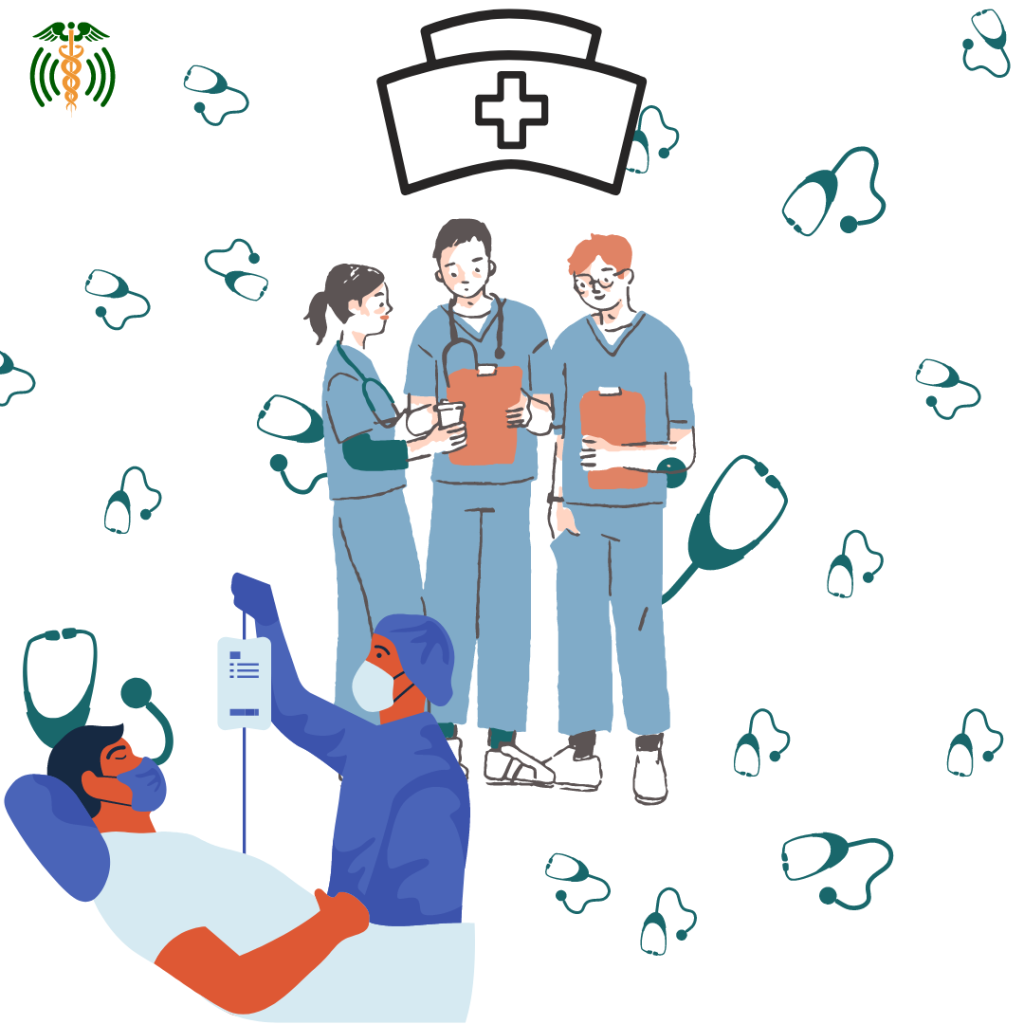The Ultimate Guide to B.Sc Nursing (Bachelor of Science in Nursing)
Jul 5th, 2023 at 12:14 Learning Noida 80 views Reference: 14691Location: Noida
Price: Free
Welcome to the ultimate guide to B.Sc Nursing (Bachelor of Science in Nursing). In this comprehensive article, we will delve into the intricacies of this esteemed program, shedding light on its significance, curriculum, career prospects, and much more. Whether you are an aspiring nursing student or someone curious about the field, this article will provide you with a wealth of information that can help you understand and appreciate the world of nursing.
Table of Contents
- What is B.Sc Nursing?
- Curriculum and Coursework
- Clinical Training and Practical Experience
- Career Opportunities and Scope
- Importance of B.Sc Nursing in Healthcare
- Conclusion
- B.SC NURSING: TOP COLLEGES/INSTITUTES
The four-year integrated undergraduate education in the medical area known as B.SC Nursing, sometimes known as a Bachelor of Science in Nursing, is approved by the Indian Nursing Council. One is able to enrol in a B.Sc. nursing programme after completing the 10+2 education level in Physics, Chemistry, and Biology. Entrance exams held by B.Sc. nursing colleges serve as the basis for admission to the programme.
What is B.Sc Nursing?
B.Sc Nursing, or Bachelor of Science in Nursing, is an undergraduate degree program that prepares individuals to become professional nurses. It is a four-year program that combines theoretical knowledge with practical training to develop competent nursing professionals. B.Sc Nursing programs are designed to equip students with the necessary skills, expertise, and ethical values required to deliver quality healthcare to individuals, families, and communities.
Curriculum and Coursework
A B.Sc. nursing program’s curriculum is specifically designed to offer a thorough education that encompasses many facets of nursing practise. Students go through a demanding academic programme that includes both clinical rotations and classroom lectures. The following are some of the major topics addressed in the curriculum:
Nursing professionals must have a thorough understanding of human anatomy and physiology. The anatomy and physiology of several organ systems are among the subjects covered in this course.
Pharmacology: Nurses must have a thorough understanding of drugs, their results, and interactions. Students can acquire the skills they need to deliver medications safely and successfully through pharmacology education.
Medical-Surgical Nursing: This branch of nursing focuses on caring for patients with acute and chronic medical conditions. Students learn about various diseases, diagnostic procedures, and treatment modalities.
Maternal and Child Health Nursing: This area of nursing deals with providing care to women during pregnancy, childbirth, and the postpartum period. It also covers pediatric nursing, emphasizing the unique healthcare needs of infants, children, and adolescents.
Community Health Nursing: Community health nursing prepares students to work in diverse settings, such as clinics, schools, and public health agencies. It focuses on promoting health, preventing diseases, and providing healthcare to populations at large.
Clinical Training and Practical Experience
Along with theoretical knowledge, B.Sc Nursing programs emphasize hands-on clinical training to ensure students develop practical skills. Clinical rotations take place in various healthcare settings, such as hospitals, clinics, and community centers. Under the guidance of experienced nursing instructors and preceptors, students get the opportunity to apply their theoretical knowledge in real-world scenarios, gaining valuable experience in patient care, health assessments, medication administration, and more.
 Clinical Training and Practical Experience b.sc nursing
Clinical Training and Practical Experience b.sc nursingCareer Opportunities and Scope
A B.Sc Nursing degree opens up a wide range of career opportunities for graduates. Registered Nurses (RNs) with a B.Sc Nursing qualification are in high demand across healthcare settings. Here are some potential career paths for B.Sc Nursing graduates:
Staff Nurse: Graduates can work as staff nurses in hospitals, clinics, nursing homes, and other healthcare facilities, providing direct patient care.
Specialized Nursing Roles: B.Sc Nursing graduates can pursue specialized fields such as critical care nursing, pediatric nursing, psychiatric nursing, or oncology nursing.
Nurse Educator: Experienced B.Sc Nursing professionals can transition into teaching roles, educating and mentoring future nursing students.
Research Nurse: Some graduates choose to work in research settings, contributing to the advancement of nursing science and evidence-based practice.
Public Health Nurse: B.Sc Nursing graduates can work in community health settings, focusing on health promotion, disease prevention, and community education.
Importance of B.Sc Nursing in Healthcare
One cannot overestimate the importance of nurses in the medical field. They are a crucial component of the healthcare team, collaborating closely with doctors, therapists, and other experts to guarantee the best possible patient outcomes. Students in B.Sc. nursing programmes learn how to provide compassionate, scientifically sound care while fostering patient advocacy, safety, and wellbeing. Nurses have a big impact on people, families, and communities because of their vital role in patient education, illness prevention, and healthcare management.
Conclusion
In conclusion, B.Sc Nursing (Bachelor of Science in Nursing) is a highly respected program that equips individuals with the skills, knowledge, and values required to excel in the nursing profession. The comprehensive curriculum, practical training, and numerous career opportunities make it an excellent choice for those passionate about healthcare and patient well-being. By providing quality content and addressing the key aspects of B.Sc Nursing, we aim to outrank other websites and serve as a valuable resource for individuals seeking information about this field.


